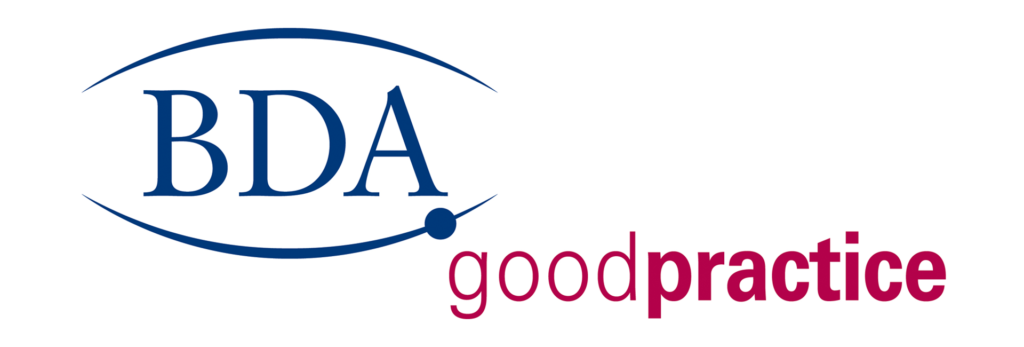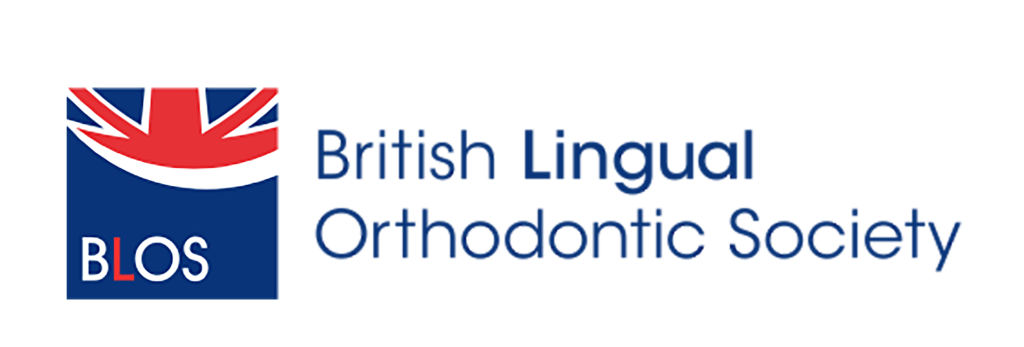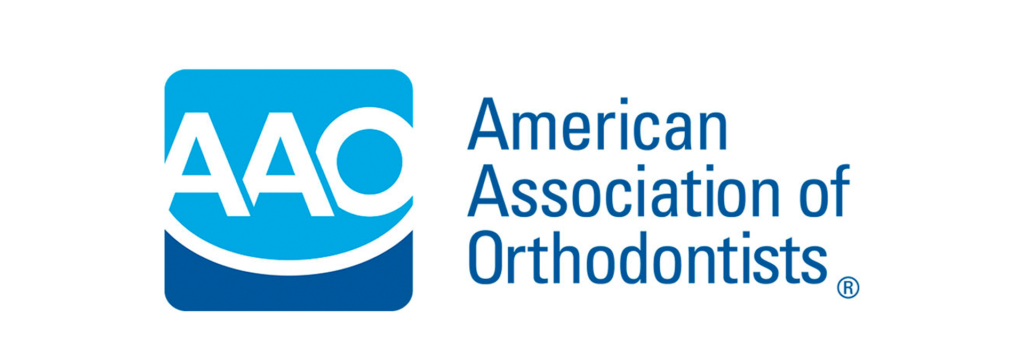Angle House Blog
Mouth Cancer Awareness
November 2021 is Mouth Cancer Action Month. But how much do you know about this form of cancer? We’re bringing together the information you need to know so you can be Mouthaware and make a difference in the fight against mouth cancer.

Mouth cancer – the facts and figures
The State of Mouth Cancer UK Report 2020/2021 is the UK’s comprehensive review into the disease, produced by the Oral Health Foundation and Denplan. This found that:
New cases of mouth cancer in the UK reached 8,772 last year. This is up 58% in the last decade and is up 97% on 20 years ago.
Mouth cancer referrals fell by 65% from the beginning of the UK’s COVID-19 lockdown.
Awareness of the major symptoms of mouth cancer is low, at around 23%, and awareness of risk factors is similarly low, at 16%.
Better lifestyle choices, earlier diagnosis and improved access to dentistry are key to confronting mouth cancer.
Mouth cancer – the signs and symptoms
Mouth Cancer Action Month aims to raise awareness of the disease and its symptoms. As with all cancers, early detection and treatment improves outcomes. The smaller the affected area, the better the chances are of a full recovery. Keeping a look out for anything out of the ordinary in your or a loved one’s mouth can prevent cases from happening and improve early diagnosis. With early diagnosis, the chances of surviving mouth cancer are nine out of ten.
Remember: If in doubt get it checked out!
Mouth cancer can strike in a number of places, including the lips, tongue gums and cheeks. Some of the most common signs are:
• Ulcers which do not heal within three weeks.
• Lumps or swellings in the mouth or neck & head area.
• Red and white patches in the mouth.
Checking for mouth cancer
A self-check for mouth cancer is quick and easy – and can be done at home in less than a minute. Oral Health makes it easy with their video step-by-step guide to self checking. Your dentist will also check for signs of mouth cancer during your routine dental check ups. This is often how the disease is spotted in its early stages.
Risk factors
Certain health and lifestyle factors increase your chance of developing mouth cancer.
Smoking tobacco increases your risk of mouth cancer by up to ten times.
Chewing and smokeless tobacco such as gutka, betel quid, garda, snuff and nass.
Drinking alcohol to excess is linked to a third of mouth cancers. Guidelines recommend a maximum of 14 units a week.
The human papilloma virus (HPV) – spread through oral sex – is now one of the main causes.
A third of mouth cancers are linked to an unhealthy diet, and lack of vitamins and minerals.
Ultraviolet (UV) radiation from the sun or other sources can increase the chance of developing cancer, particularly on the lips.
Those who have had mouth cancer previously are at an increased risk of developing it again.
People who have had oesophagus cancer, skin, cervical, penile and anal cancer are also at risk of mouth cancer.
There is a slight increase if you have a close relative diagnosed with the disease.
Links have been found for those with genetic conditions affecting the bone marrow, skin or fingernails.
Those undergoing treatment for HIV or AIDS, and those taking medication after organ transplants.
If any or all of these apply to you – it doesn’t mean that you have mouth cancer. Be alert, conduct self checks at home and keep up with your regular dental check ups.
Mouth Cancer Action Month’s Blue Wednesday – 17 November
Blue Wednesday takes place on 17 November as part of Mouth Cancer Action Month. The charity is asking everyone to perform a self-check – it only takes 45 seconds and can save your life. Remember to watch the video on how to perform a self-check and to look for:
• Long lasting mouth ulcers.
• Red or white patches.
• Unusual lumps and swelling.
If you notice anything unusual that you would like checked, contact your dentist or doctor.
If you would like to read more, check out the Mouth Cancer Action Month website.








